‘The Cally’s named after an orphanage for kids from Scotland or some shit. Didn’t we learn that in school?’ So says Big Pharma (real name Devan Swaby), drill rapper from the Cally Active gang – one of the many characters populating Andrew O’Hagan’s vast and riveting Caledonian Road. The novel opens with a 59-strong cast list, representative of contemporary London society.
Already a subscriber? Log in
Subscribe for just $2 a week
Try a month of The Spectator Australia absolutely free and without commitment. Not only that but – if you choose to continue – you’ll pay just $2 a week for your first year.
- Unlimited access to spectator.com.au and app
- The weekly edition on the Spectator Australia app
- Spectator podcasts and newsletters
- Full access to spectator.co.uk
Or
Unlock this article
You might disagree with half of it, but you’ll enjoy reading all of it. Try your first month for free, then just $2 a week for the remainder of your first year.


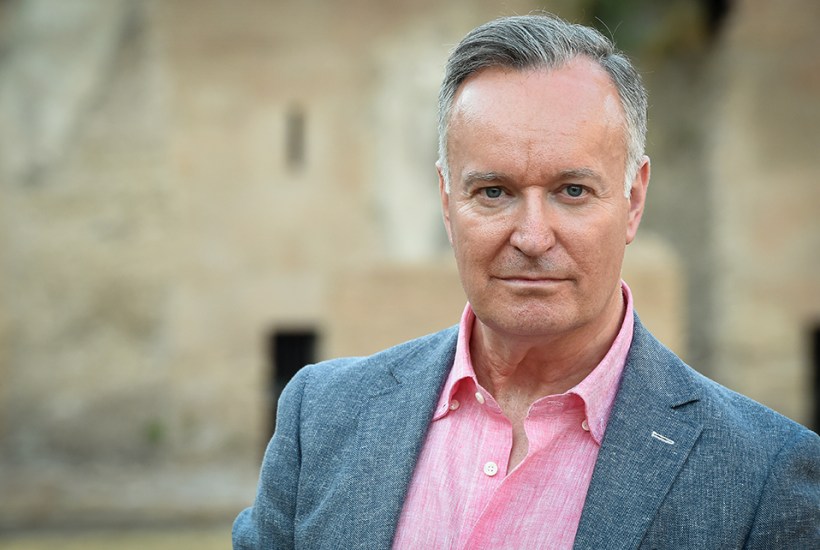
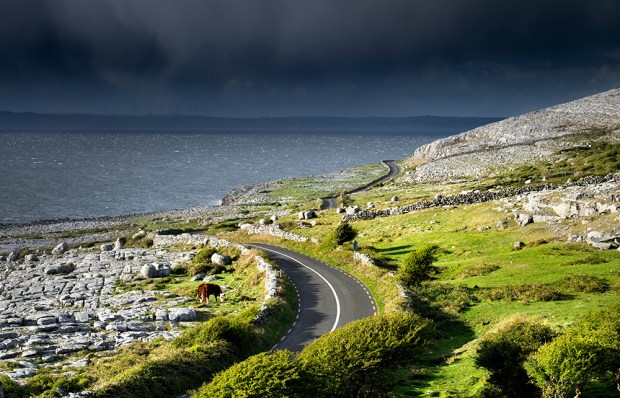

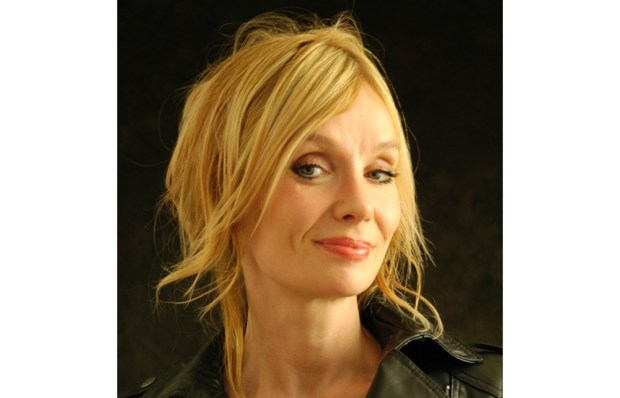
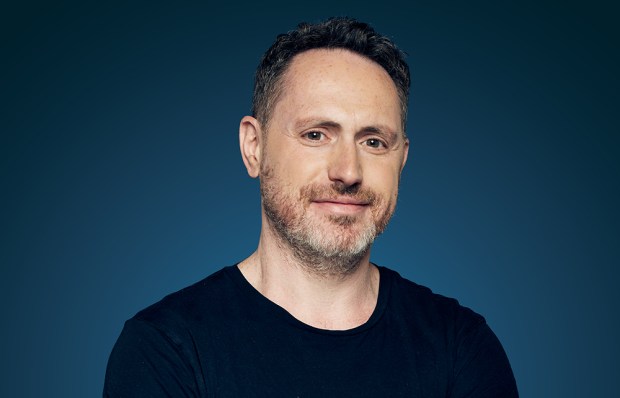
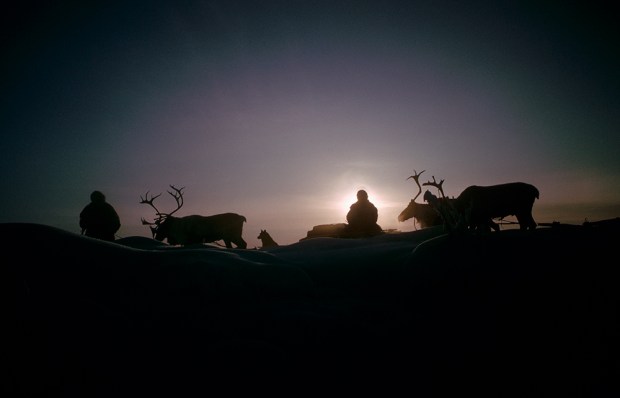







Comments
Don't miss out
Join the conversation with other Spectator Australia readers. Subscribe to leave a comment.
SUBSCRIBEAlready a subscriber? Log in